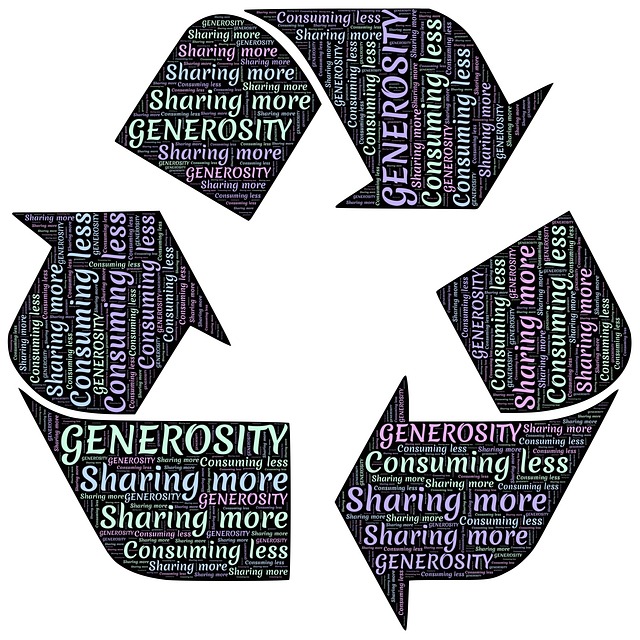 The Sustainable Consumption and Production and Green Economy Issue Group is a co-operation forum for the NGOs working in the UN ECE region. The aim of the group is to co-ordinate NGO positions on SCP and GE and participate in the UN ECE work. This issue group also stimulate mutual learning and experience exchange among partners. If you want to join, please, write to us.
The Sustainable Consumption and Production and Green Economy Issue Group is a co-operation forum for the NGOs working in the UN ECE region. The aim of the group is to co-ordinate NGO positions on SCP and GE and participate in the UN ECE work. This issue group also stimulate mutual learning and experience exchange among partners. If you want to join, please, write to us.
Sustainable consumption and production (SCP) is on the political agenda already since Rio conference in 1992 and green economy (GE) is gaining popularity during the last decade. However, these concepts are still poorly integrated in national economies and global economic system.
We should recognize that SCP and GE takes different forms. In the countries in transition economic development is perceived to be the way out of poverty and western lifestyles as a model for good life. Some argue that the European Union should exemplify a different vision of a sustainable society in order to inspire a different development path. This is not happening yet on any significant scale. In this situation, FSU could play a very interesting role. They are far from overdeveloped, yet they are firmly on their way to follow the richer EU countries. At the same time they suffer from the global crisis, from globalization in general, and have big problems of finding sustainable solutions for development. Consumption levels are still relatively low, and also well-being is rather low; the question is if the EU model is the right solution.
There seems to be a gap between traditional economic development theories, both for local and global development; concepts of sustainable development; and the role of sustainable consumption. In the context of the rapidly unfolding multiple systemic crisis (financial crises, peak oil, inequity, and climate change) the FSU countries are in a unique position to develop an alternative sustainable development vision and model; trying to escape the mistakes of the overdeveloped NW, while capitalizing on their unique heritance (European culture, some longing for past communist achievements of low-cost education, health care, and housing); backlashes from purely capitalist developments; experiences with globalization.
European ECO Forum statement on Green Economy at the CEP meeting - Geneva, October 2013
Civil society and a Pan-European framework for green economy by Jeffrey Barber, Integrative Strategies Forum and Janis Brizga, Green Liberty (as of December 29, 2014
 Powered by European ECO Forum.
Powered by European ECO Forum.